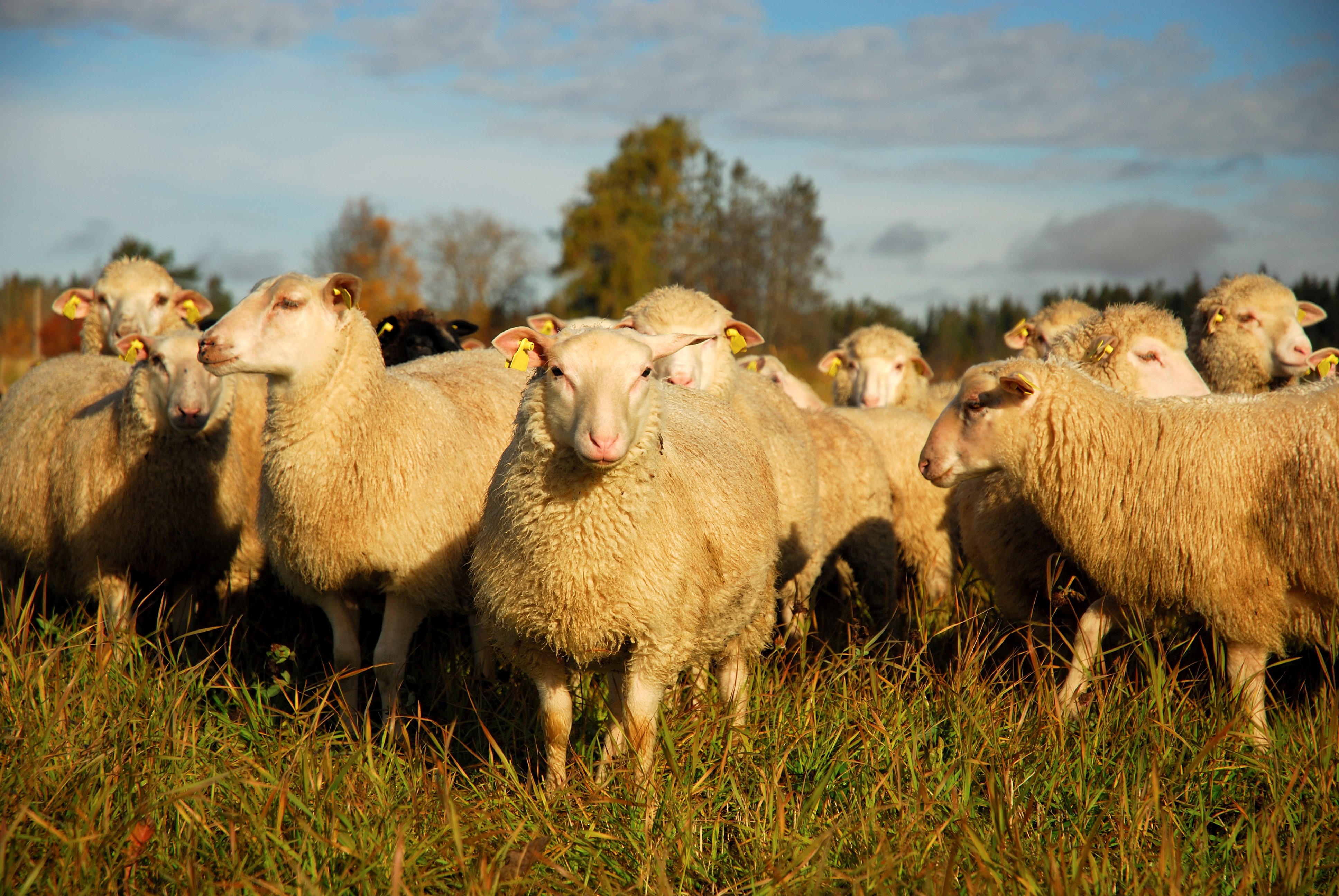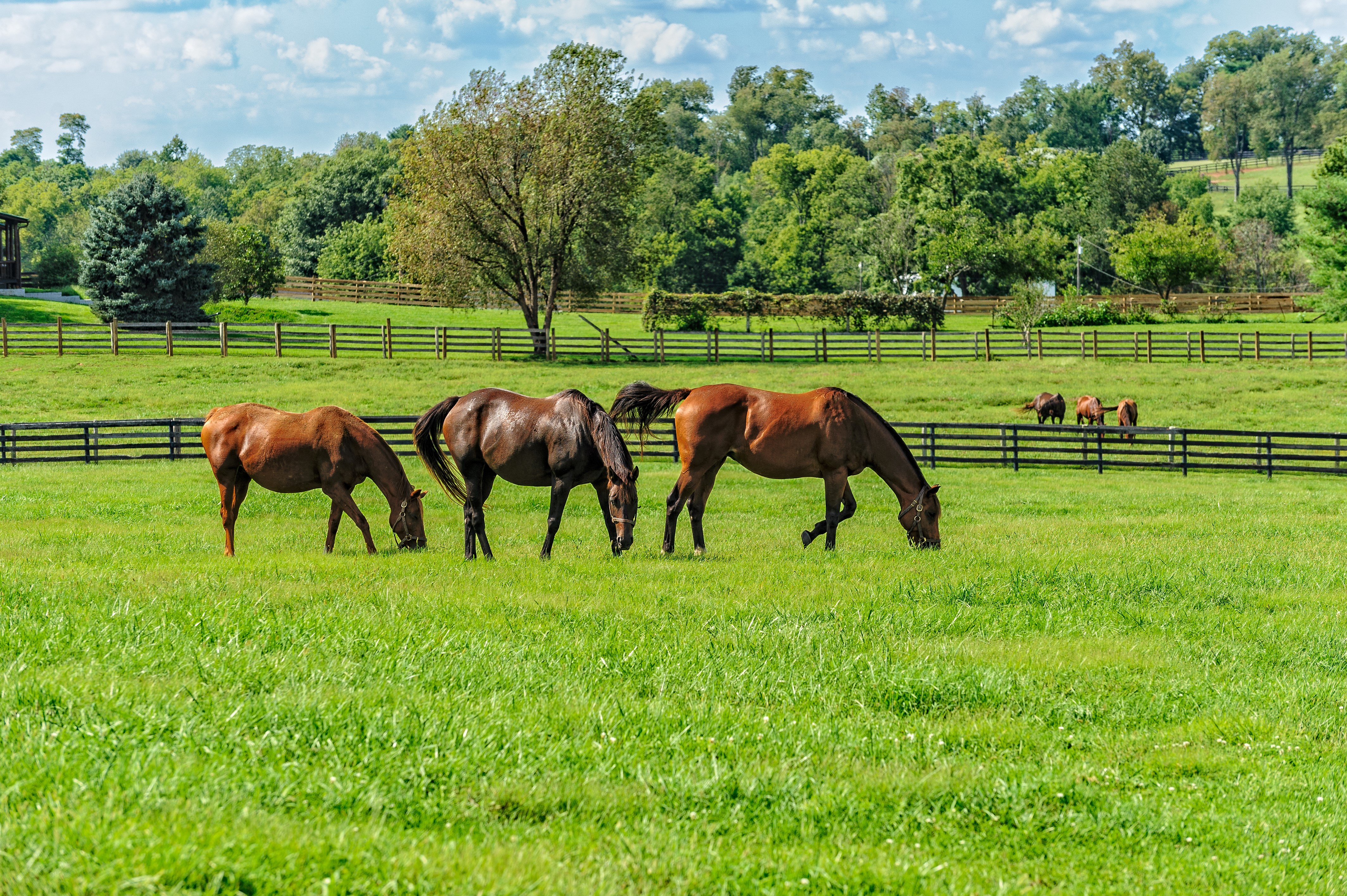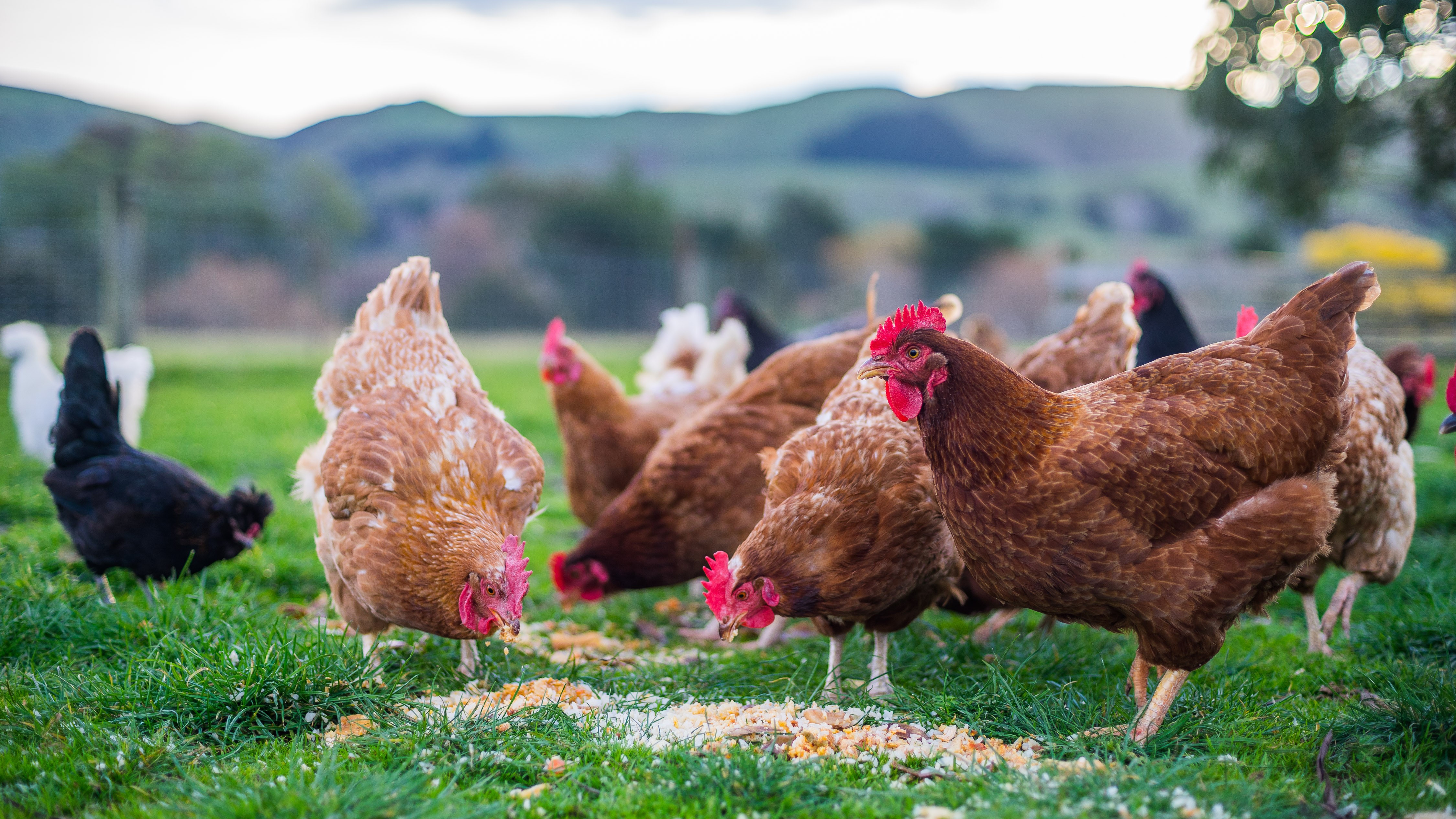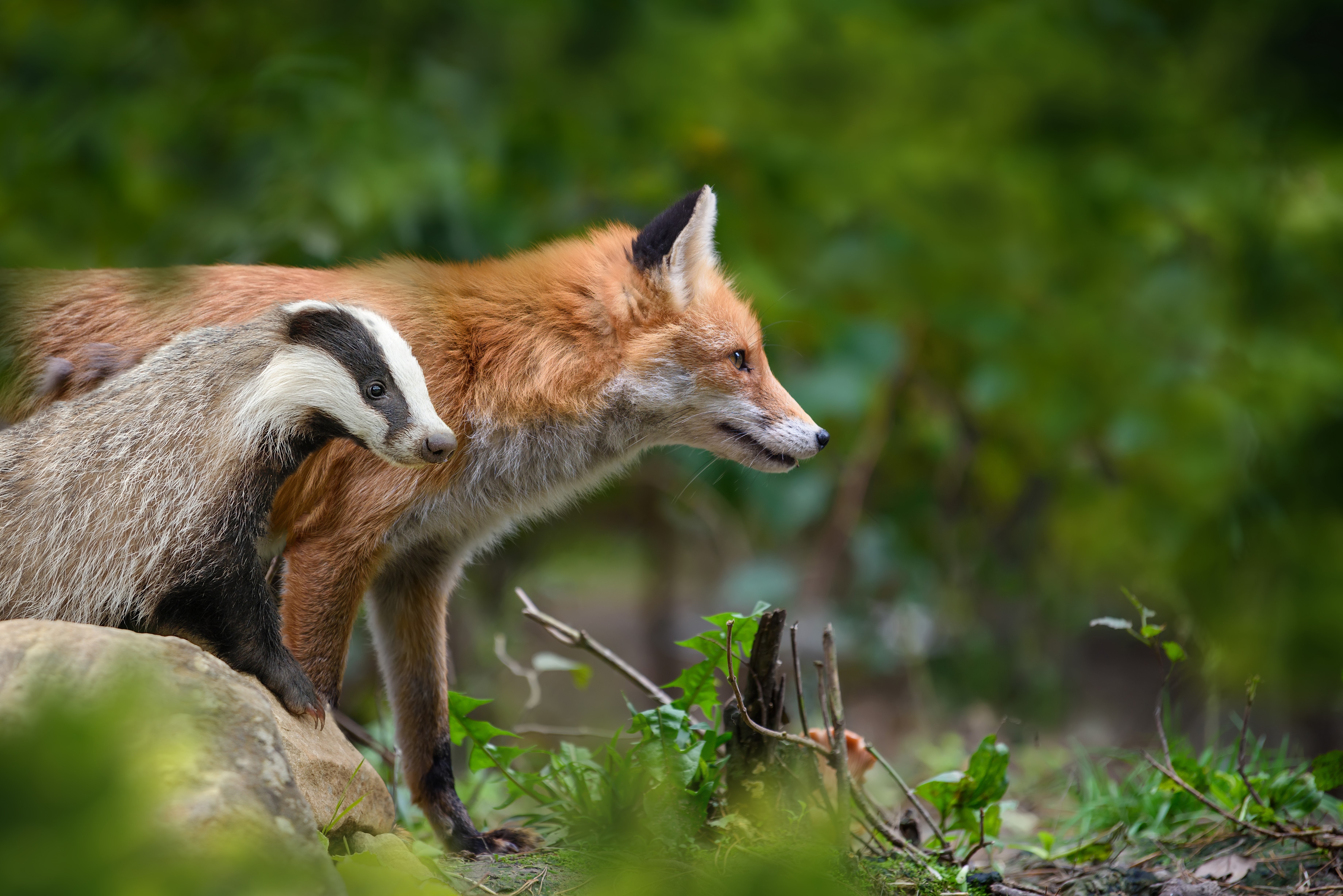Surveillance for BSE in Ireland 2018
Background
Ireland holds a controlled risk status, issued by the international organisation for animal health (OIE), for BSE. This provides reassurance to our trading partners of the low risk posed by products derived from Irish cattle.
Even so, the Department of Agriculture, Food and the Marine (DAFM) continues to carry out surveillance for the disease. This surveillance is conducted in accordance with EU legislation. It is because of our comprehensive surveillance programme, which meets OIE requirements, that Ireland has achieved controlled risk status.
Surveillance for BSE
DAFM’s surveillance for BSE consists of both passive (observer initiated) and active (investigator initiated) surveillance components.
Ireland’s passive surveillance programme is based on a legal obligation on anyone who suspects BSE in an animal under his or her care to report the disease to DAFM. Each year DAFM sends an update, including a description of the clinical signs of BSE, to all private veterinary practitioners (PVPs) and all Government veterinary inspectors employed in slaughter plants in Ireland. Suspicion of disease is reported to the local DAFM Regional Veterinary Office (RVO). A DAFM veterinary inspector then examines the animal. If the veterinary inspector determines that the animal is a BSE suspect, then the animal is destroyed if not already dead, the brain is tested, and appropriate compensation is paid to the owner. DAFM dealt with 20 reports of these “clinical suspect” animals in 2018, providing evidence that our passive surveillance system is fit for purpose. Following extensive testing at the National Reference Laboratory in Backweston, all of these animals were confirmed negative for BSE.
Ireland also carries out active surveillance for BSE, whereby a large number of cattle are tested in a programme which does not depend on the owner or keeper to initiate the testing process. Fallen animals (generally those which die on farm) aged over 48 months are all required to be tested. Preliminary figures indicate that 69,755 fallen animals were sampled in 2018, mainly in knackeries (collection centres for fallen animals). All tested negative for BSE. The direct cost of testing these fallen animals was €627,795. Since the EU provides 50% co-funding of the BSE programme, DAFM ultimately incurred half of this cost.
Under its active surveillance programme, DAFM also tests cattle aged over 48 months which are presented for emergency slaughter. Preliminary figures show that DAFM sampled 504 such animals in slaughter plants in 2018, and all tested negative for BSE.
Some further details on the testing programme and the results of testing in recent years can be found here:






